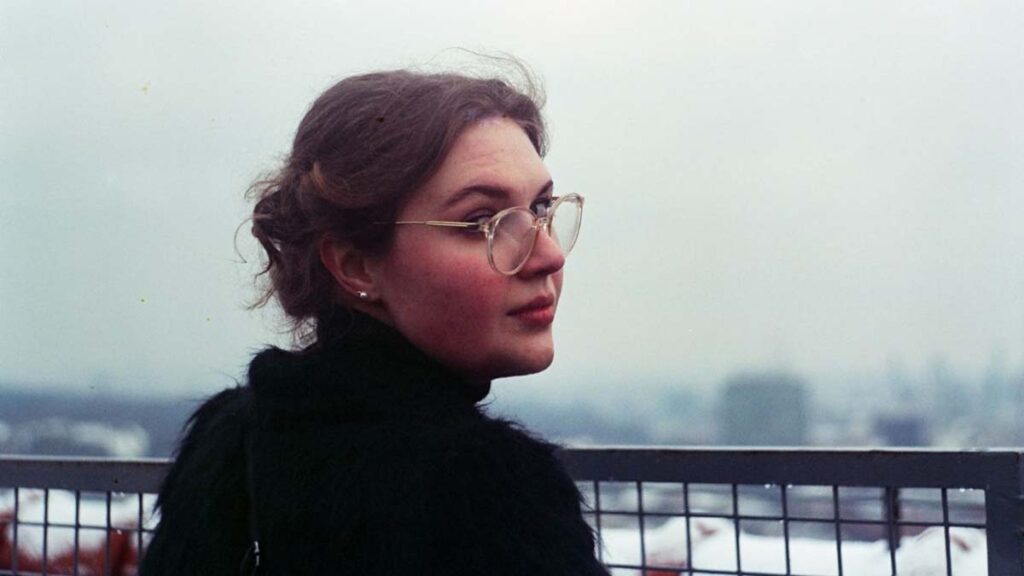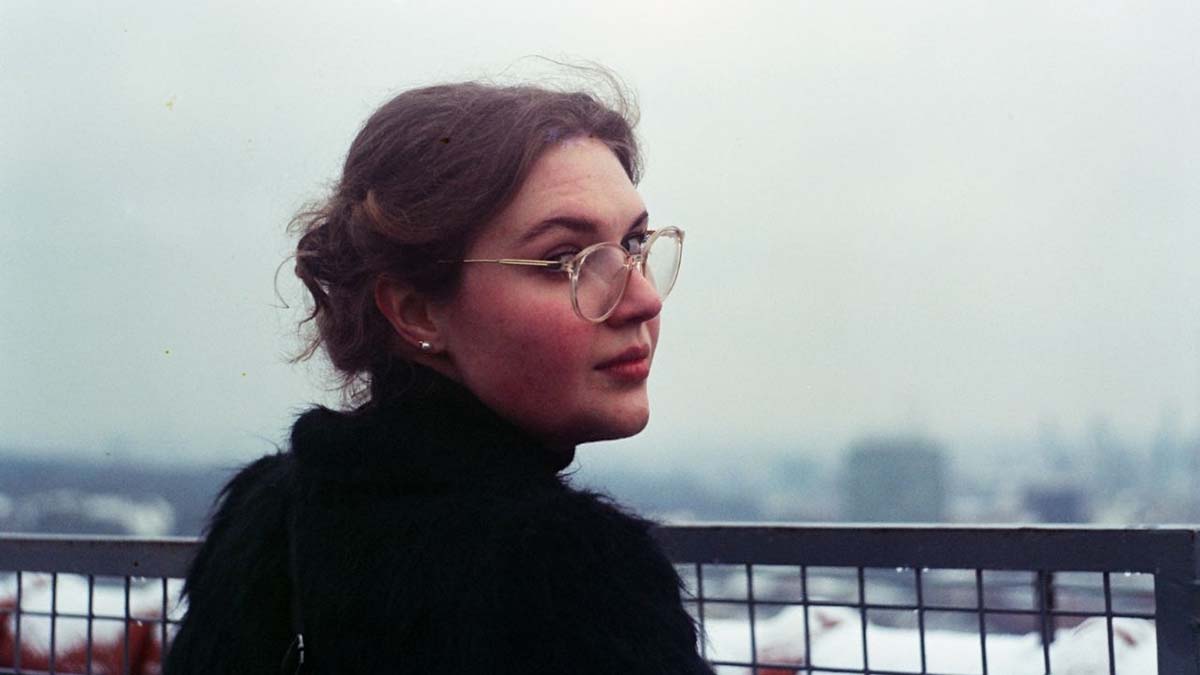Not even a year has passed since the beginning of the Russian invasion of Ukraine. Amid the bloodshed, geopolitical tension, and global food shortages, many of the human factors in the story have been side-lined.
An often-overlooked fact of war is the sheer number of people it displaces. Since the escalation of the conflict in late February, roughly 7.8million Ukrainians have sought refuge across Europe.
Within a fortnight of the first shots fired and missiles launched, the UK had introduced two schemes to allow Ukrainians forced to leave their homes to resettle. Thousands across the country signed up to the sponsorship scheme and welcomed refugees into their homes.
One of those who fled to the UK was Yuliia Matalinets. After leaving her home in Odesa around half a year ago, she was resettled with a family from Bristol.

War is nothing new for Yuliia, the conflict has been raging in the east of her country since 2014. Her own father was injured during the fighting.
The conflict has hit Odesa hard. Being a vital Black Sea port, it has suffered at the hands of Russian missiles.
“All my relatives are in Odessa, my boyfriend as well, so I really had a good life, all my friends, all my relatives are from Odessa,” Yuliia said.
“My life was good before the beginning of the war, and I never considered the possibility of moving to another country because I really had a very good life.”
Just an hour before I spoke to Yuliia, she told me that her home city of Odesa was hit from a Russian missile attack. She had just managed to contact her family.
“In the Odesa area there were a lot of damaged infrastructure objects,” she said. “And all of Odesa is without electricity, heating and water.
Kyrylo Tymoshenko, Deputy Head of the Office of the President later confirmed via Telegram that “two infrastructure objects were damaged” and “one person was hospitalised” due to a Russian attack in the region.
Emotional turmoil
For Yuliia, the stress and anxiety brought on by the war was one of the reasons she fled.
She tried to keep busy in the early days, although her work as a cargo surveyor in the cities port had stopped due to the conflict. But Yulia kept herself busy, volunteering at a harbour close to her home, gathering clothing and medical supplies for soldiers and those fleeing from the east of the country.
She recalled the events leading up to her leaving Ukraine: “It was fine, but starting from the end of spring and beginning of summer, something broke inside of me.
“I can’t explain it. I had a very deep depression.”
It was after a conversation with her psychiatrist that she final decided to leave.
“He said that I have to change something,” said Yuliia.
“When you’re living during the war and you realise that you’re not safe, and your family is also not safe, you’re stressed all the time – and when you hear air raid sirens, your heart cannot beat properly. It’s really a lot of stress.”
Yuliia revealed that she is currently on anti-depressants due to the impact of the war.
The issue of poor mental health among those forced to flee is widespread. Accurate figures for the number of refugees suffering from some form of mental health issue due to the war are unknown, but Care International estimate that one third of Ukrainian refugees are likely to develop “depression, anxiety or post-traumatic stress disorders” as a result of the war.
But a report from The Lancet found that health care systems across Europe are unprepared to meet the needs of those who have arrived from Ukraine, as well as the needs of other refugee groups in the population.
The current conflict only exacerbated an already existing problem for Ukrainians. According to the World Health Organisation, before the conflict major depressive disorder had a prevalence of 3.4%, which is higher than the average for the rest of Eastern Europe.
Diana Rayes, a PhD candidate at Johns Hopkins University writes in an article for the Newlines Institute that, “mental health was one of the leading causes of disability in Ukraine and affected about 30% of the population”.
Challenges of resettling
Yuliia’s pathway to the UK was a common one. While in her homeland she applied through the Homes for Ukraine scheme.
Since all direct flights out of the country were cancelled, she first travelled to Bucharest, crossing the Romanian border with her mother. This was the last time she saw her.
Once in the UK, Yuliia recalled feeling optimistic: “The very first days there was excitement that now I can start another life, but now I understand how much I miss my family.
“It’s a pity I’m not with them.”
While Yuliia considers the link up with her host family to be like a “Tinder match”, not all refugees are so lucky.
Charities and local authorities have had to fill the void left by the lack of safeguarding on the part of the government.
Concerns were raised earlier this year regarding the safety of refugees once they enter the UK, especially with single men matching with lone refugee women. The UNHRC criticised the Homes for Ukraine scheme in April, after reports of Ukrainian women “feeling at risk”.
At the time, the UNHCR called for the “need for adequate safeguards and vetting measures”, as well as additional support for sponsors. It was also recommended that lone women or women with children should be matched with families or couples.
Reset, the charity that matched Yuliia and her family, consider safeguarding checks to be “very important”. As well as the safeguarding procedures, they try to match applicants based on interests to further help their refugees settle.
While far from home, Yuliia appears comfortable with her host family.
“They have a lot in common with my parents, they are almost the age of my parents,” she said. “I’ve made friends with two of their daughters and I feel really comfortable with them.”

